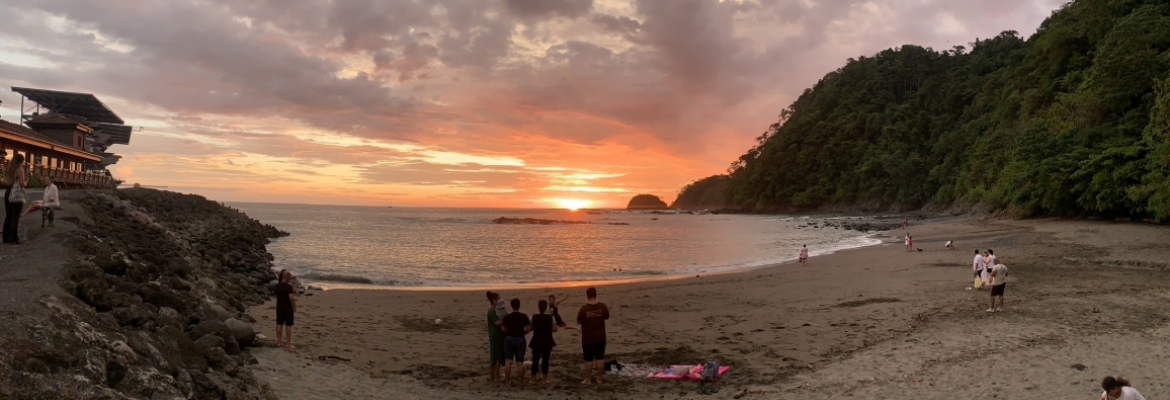Is Costa Rica Safe to Travel? 2025 Safety Guide for Tourists

Costa Rica is generally a safe place to travel, especially compared to other countries in the region. It's considered one of the most stable and tourist-friendly nations in Central America. However, like any destination, there are important considerations to keep in mind:
Why Costa Rica Is Considered Safe
- No standing army since 1949; the country has a strong culture of peace and democracy.
- Tourism is a major industry, so safety standards are emphasized in many areas.
- Low violent crime rates in tourist destinations compared to other Latin American countries.
- Good infrastructure in main routes, airports, and healthcare (especially private hospitals).
Precautions for Travelers
- Petty theft (bags, phones, passports) can happen—especially in busy areas like San José, beaches, and buses.
- Use hotel safes, avoid showing valuables, and stay alert in crowded places.
- Road safety varies.
- Some rural roads are narrow, unlit, or damaged—consider hiring experienced local drivers.
- Drive cautiously, especially in rainy season (May–November).
- Natural risks:
- Be aware of strong ocean currents on Pacific beaches.
- Volcanic activity and earthquakes are monitored but possible—follow local alerts.
- Scams or overcharging may occur with taxis or some tours.
- Use licensed transportation (e.g., airport shuttles, reputable providers).
- Confirm prices in advance.

Emergency Services & Support
- 911 is the national emergency number (for police, fire, ambulance).
- Tourist police (Policía Turística) are active in most major destinations.
- U.S. and other embassies are available in San José for citizen assistance.
Costa Rica is a safe and welcoming destination, especially if:
- You take normal travel precautions.
- Stay in well-known tourist areas.
- Use trusted transportation and tour providers.

